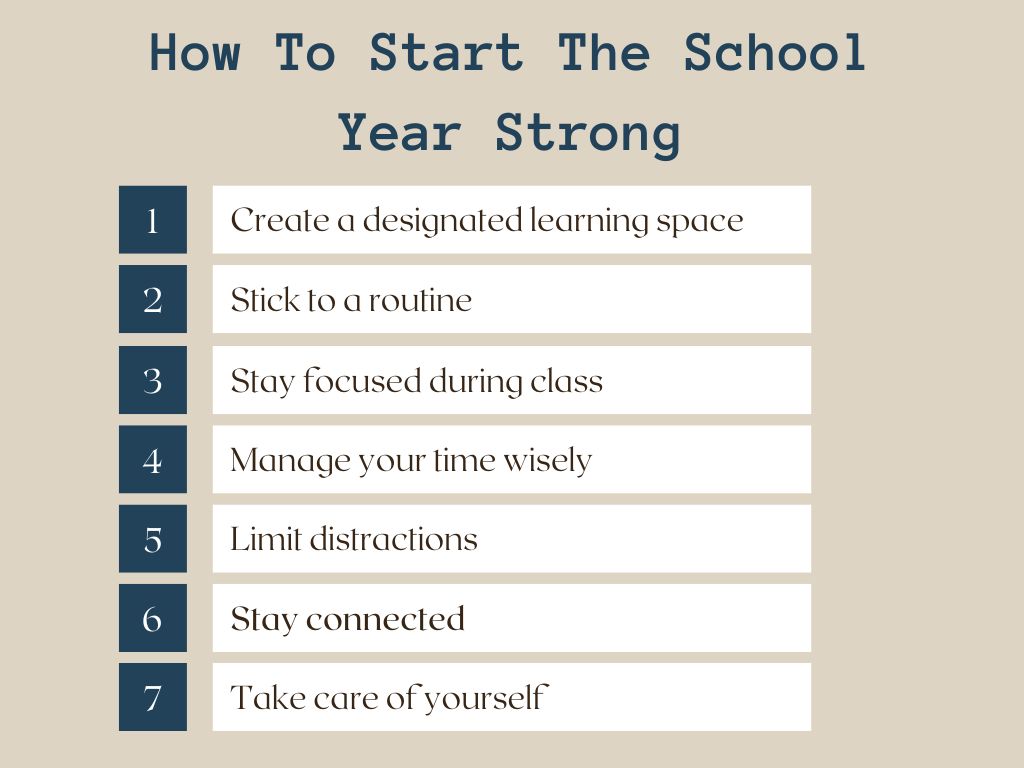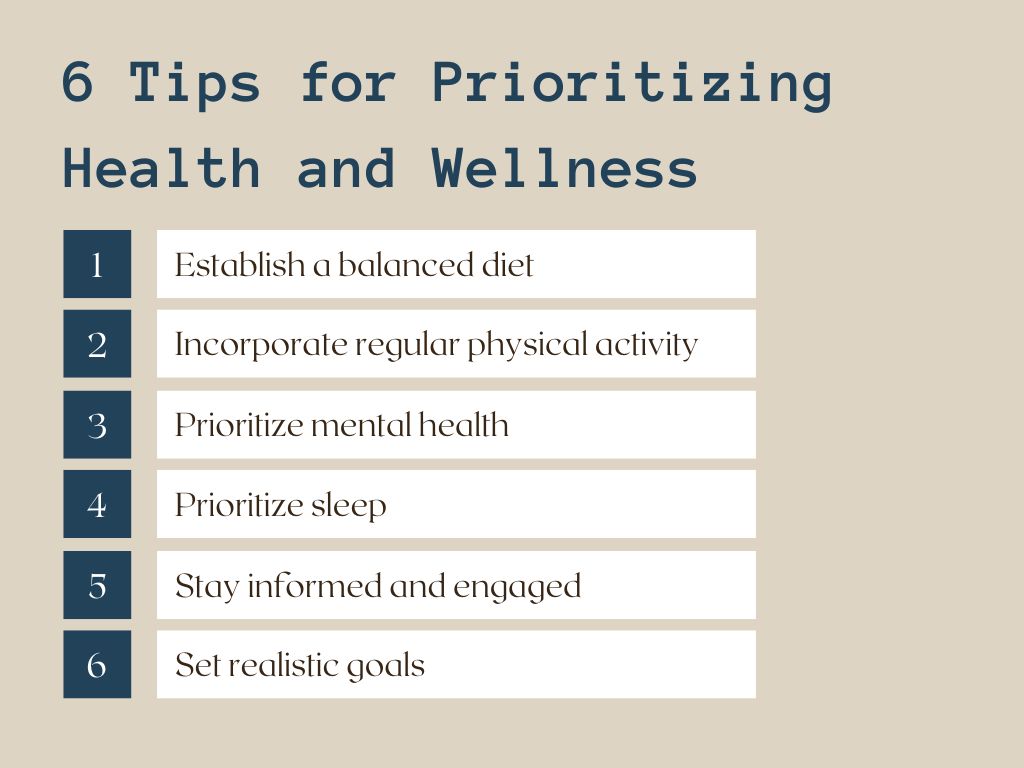Word Cloud by www.epictop10.com
Taking my high school’s Personal Finance course last semester was one of the best decisions I ever made. Although I was apprehensive about approaching a subject I knew little about at first, I now find myself having acquired a high level of financial literacy. I know how to create a budget, open a bank account, calculate interest, read a stock table and much more. These are skills that will serve me throughout my entire life, especially as I head off to college later this year.
The class I participated in, K12’s Personal Finance elective, covers a wide range of topics, from credit and loans to national and global finance. It has been taught at the George Washington University Online High School and K12 Private Academy for about six years by Electives Instructor Christina Bokunewicz. “I have students all the time, so I think it’s pretty popular,” she said.
In the United States, 2 out of 3 high school students can take personal finance as an elective course, but only six states require high school students to study personal finance. However, 63 percent of U.S. adults believe that personal finance is a topic that students should learn about in the classroom. “Everything we do involves money…and so that is reason enough to have a personal finance class,” said Bokunewicz.
The COVID-19 pandemic has dramatically affected the U.S. economy. Still, it has also significantly impacted the personal financial situation of American adults, with only 53 percent of them considering it to be in excellent or good shape. In addition, 50 percent of Americans cite personal finance as a source of anxiety. If all high school students were required to learn about personal finance, their increased knowledge would give them the power to control their finances. “The pandemic has brought to the forefront the need to understand all of these financial skills that you learn in this class,” said Bokunewicz.
According to a 2014 study, studying personal finance in high school truly improves students’ financial literacy. In 2011-2012 and 2012-2013, the authors asked high school students in Delaware, Pennsylvania, and New Jersey to participate in a Keys to Financial Success course for one semester. These students also took the Financial Fitness for Life High School Test before and after the class, and test results demonstrated that students showed a knowledge improvement of 61 percent.
But what happens once high school is complete? After all, 59 percent of teenagers wish to obtain a four-year degree, and that degree comes at a significant price. 57 percent of college students feel anxious about having to pay their tuition bill, on top of the fact that Americans as a whole owe more than $1 trillion in student loan debt. A personal finance course can help, as it encourages more students to apply for financial aid, which can help alleviate the cost of receiving a higher education.
As someone who teaches students about college admissions, GWUOHS College Counselor David Mendler recognizes the importance of a personal finance education. “When we are talking about the college application process in my class, there is a lot of overlap related to personal finance because financial situation can play a factor in some of that decision making when you’re choosing what you want to do after high school…and I think that it is more connected to what students should be learning than we might think.”
Personal finance education even affects financial behavior after college. A 2015 study examined how a required personal finance course for high school students in three states affected the credit scores of those who were 18-22 years old. By the time the courses were in their third year of implementation, the scores of young adults in Georgia, Idaho, and Texas increased by approximately 10, 16, and 31 points respectively. As Bokunewicz said, “Developing strong financial habits early on remain with you [for] the rest of your life.”
Here at GWUOHS, students are becoming more interested in obtaining personal finance skills. On top of the Personal Finance elective, students can also join the new LIFE Skills Club, which focuses “mostly…on money and financial skills,” according to its description in the official club list. I myself am a member of the club, and Mendler serves as its teacher sponsor.
“At the end of the first semester, one of our current students approached me with the idea for having an extracurricular club that provided an opportunity for students to learn about some of those other skills that they might not learn in their academic classes…I thought it was a really good idea, so I worked with the student to make it an official club at our school,” he said.
The people and research have spoken. It is clear that every American high school student deserves the chance to secure their financial future at an early age—advocate for personal finance education to be required in your school or state today.




